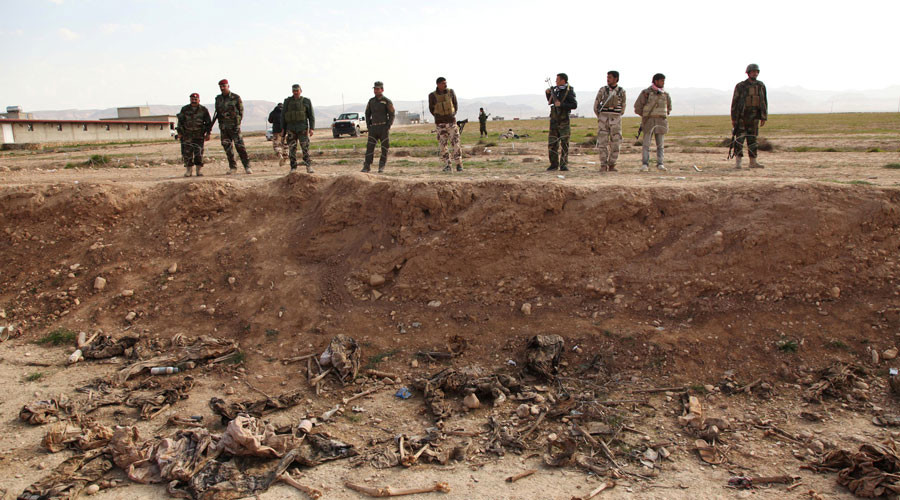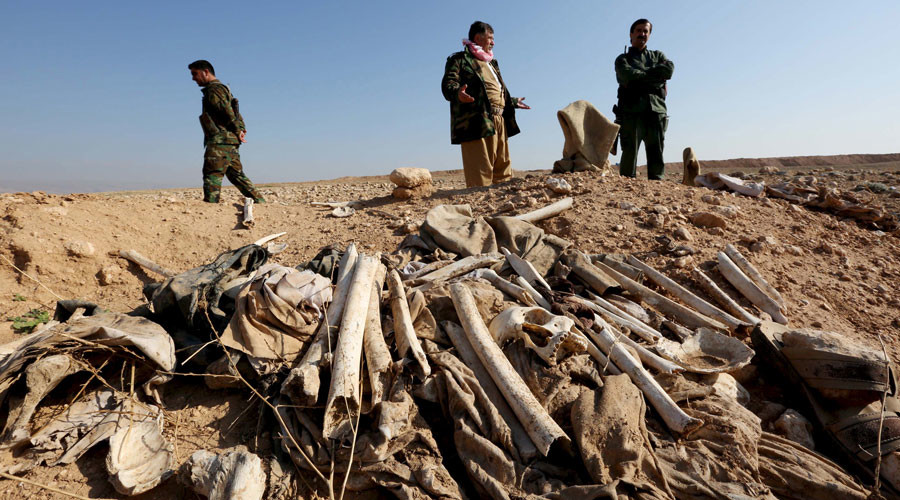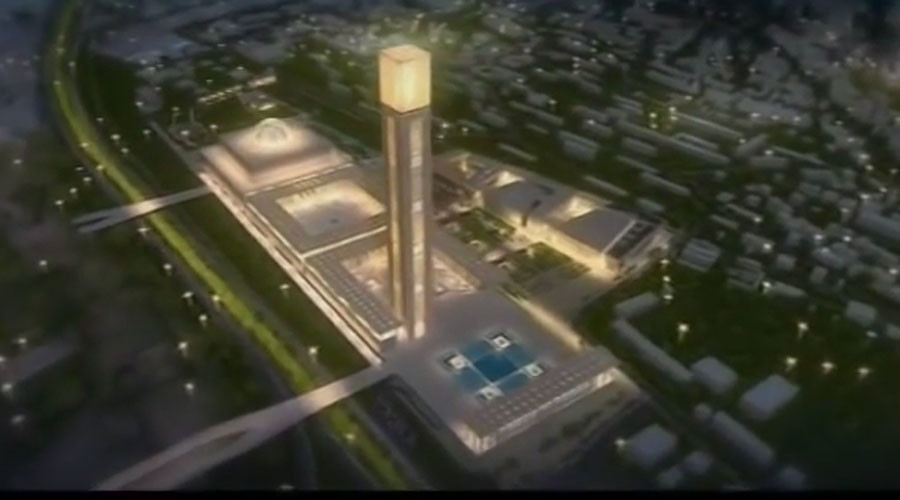Islam not only hates Christianity, but is afraid of it. Although the number of Christians in Algeria is small, Islam is terrified of the possible conversion of Muslims. It is against the law in most Muslim countries and must be so or Islam would completely disintegrate.
Algeria: 43 out of 47 Protestant churches closed,
Catholics who proselytize are liable to prosecution
Somehow the celebration of diversity is only ever incumbent upon Western countries, never those of the Islamic world.
Algeria Must Guarantee Freedom of Religion & Association for All
European Centre for Law and Justice, July 2, 2024:
On July 2, 2024, the European Centre for Law and Justice organized a conference at the UN Human Rights Council in Geneva to plead the cause of Algerian Christians, persecuted for their faith by the Algerian government. Speakers at the conference included the former French Ambassador to Algeria, Xavier Driencourt, the UN Special Rapporteurs on Freedom of Religion and Freedom of Association, and the Vice-President of the Église Protestante d’Algérie (EPA).
We also feature two exclusive interviews, one with Ambassador Xavier Driencourt and the other with Pastor Youssef Ourahmane on the situation of Christians in Algeria.
Several diplomatic missions to the United Nations showed particular interest in this cause, including representatives from Belgium, the USA, the Netherlands, Sweden and Switzerland. The conference was co-organized with the Jubilee Campaign, an NGO which also defends persecuted Christians.
In Algeria, restrictions on freedom of peaceful assembly and association deprive Christians of the freedom to express and exercise their faith.
Algeria has around 144,000 Christians out of a total population of 46 million. The majority of these Christians are of Algerian nationality and have converted to Christianity in recent decades.
While the Algerian Constitution guarantees freedom of expression in principle, Algerian law criminally condemns anything that may tend to “convert a Muslim to another religion” or to “shake the faith of a Muslim.”[1] As for freedom of conscience, this was removed from the Constitution in 2020.[2]
Finally, legislation on associations and the exercise of non-Muslim religions is applied arbitrarily. The Algerian authorities no longer grant religious association status to evangelical churches. They no longer recognize their places of worship and close them down abusively.
As a result, today, forty-three of the forty-seven churches of the Protestant Church of Algeria are closed, and at least eighteen Christians are facing prison sentences[3] because of their religion. One of these Christians is the Protestant Church of Algeria’s vice-president, Pastor Youssef Ourahmane, who was sentenced on appeal on May 2, 2024, to one year in prison, six months suspended, and 100,000 dinars in fines for having celebrated an unauthorized worship service. The ECLJ rallied to his support (see the article in Le Figaro).[4] As his last resort, he is awaiting trial at the Supreme Court.
The Catholic Church, whose faithful are overwhelmingly foreign and of sub-Saharan origin, also suffers from these restrictions, which force it to maintain the utmost discretion and prevent it from openly proclaiming the Gospel. All Catholics who proselytize in any way are liable to criminal prosecution and deportation if they are not Algerian nationals. The Catholic Church was reduced to witnessing only through charity. However, since the Algerian government has imposed the closure of the Caritas Algeria organization on October 1, 2022, this is now also forbidden. Jean-Paul Vesco, Archbishop of Algiers, has said he does not want to “come into conflict with the authorities” and wanted to “continue to do good without making noise.”[5]…


























